My forever hero - Cao Cao
Someone asked me who was my idol in Vietnam history. Many people would have guessed immediately that it was Ho Chi Minh. Ho Chi Minh is a great president not only in Vietnam but also in the world. However, my true hero is Tran Thu Do – the prime minister of Vietnam during the 14th century. He was a symbol of machiavellianism – relentless, determined and tough but always put the benefits of the country in the top priority. In China, there is also a person who is the same as Tran Thu Do. It is Cao Cao in the Three Kingdoms time. He had a great influence on me during my childhood when my personalities were formed.
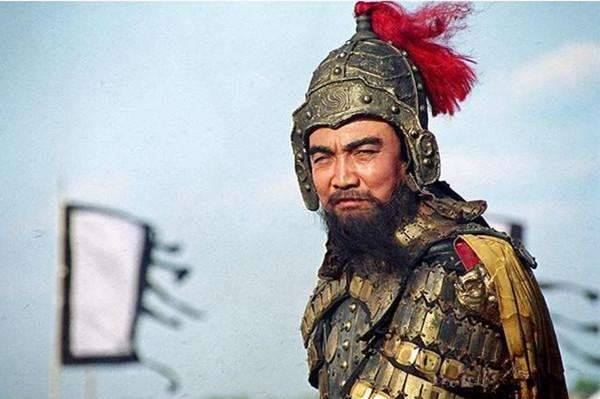
“Cao was born in a wealthy family, but he was different from many other children in rich families at that time, he had a loose life. He was always energetic. He never wants to stay in the same place. An eagle can never stay in a cage, a big tree can never grow in a flowerpot. He desires a huge sky, a large space where he could show all of his talents."
“The innate characteristics of a person can never be changed. They should not be tied down. They should develop freely and naturally”
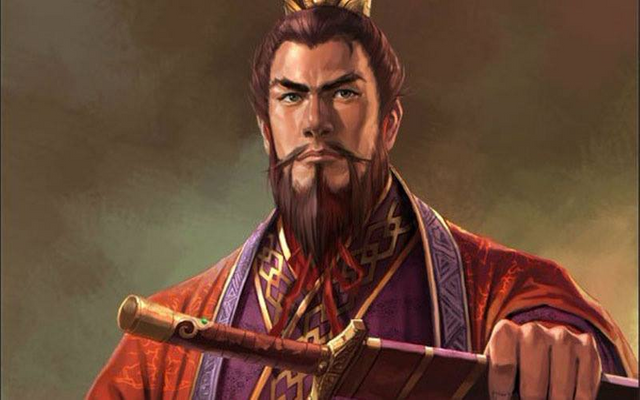
From the Ming Dynasty (16th century) until now, in China, every child hates Cao Cao (according to Guo Moruo). In Vietnam, Cao Cao is the symbol of machiavellism, cunning and cruelty in anyone’s thought, especially when you want to compare to anyone with the same characteristics.
Cao Cao (courtesy name Mengde) was born in Qiao (present-day Bozhou, Anhui), in 155 AD. His father Cao Song was a foster son of Cao Teng, who in turn was one of the favourite eunuchs of Han Dynasty, but was always treated with contempt. Therefore, during Cao Cao’s childhood, he was miserable.
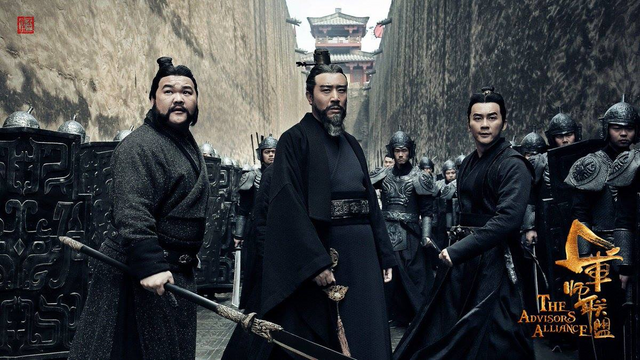
However, since Cao Cao was a child, he always had an envious mind. He wanted to surpass everyone else. This idea was always in his mind like a debt which needed to be paid in his life. Growing in the time when the Han dynasty was corrupted and collapsing, people raised up in everywhere to oppose the harsh policies of the government, especially the Yellow Turbon Rebellion, Cao knew that it was his time. From a small mandarin, Cao became a great militarist, ruled the North China, occupied 6/9 states. He was truly a special genious, a great machiavellian in the war time and a hero in the peace time.
Han Dynasty was corrupted and there was no way to recover it. They lost their political position. Cao realized that root of this situation and tried to build a new era. This mission is indeed heavy and great.
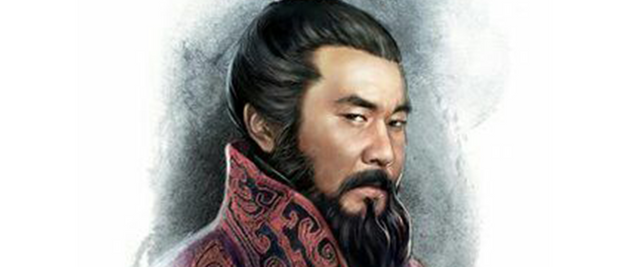
It’s true that Cao Cao fought against Dong Zhuo and defeated other military groups such as Yuan Shao and Yuan Shu. With the ambition to conquer other great groups Sun Quan and Liu Bei¬ to unify China. Unfortunatel, Cao Wei Dynasty lost against Sima Yan. Then, China was deeply in chaos in one of the darkest time in the history.
From the time running aways from Dong Zhuo until the time controling everything, Cao Cao was always one step ahead of everyone and had some political victories. Cao Cao forbade landlords to occupy lands, revolutionized tax policies, opened plantations to solve the problem lacking of food and helped farmers have paddy fields to work. The countryside was rebuilt, trade and industry was developing after a long time in war.
Cao Cao was a militarist who “maneuvers the army like a god”. That proves Cao Cao was much better than other generals at that time. Any excellent person was arranged in a suitable position even though he used to opposed Cao such as Xu Zhu, Guan Yu and Zhang Liao.
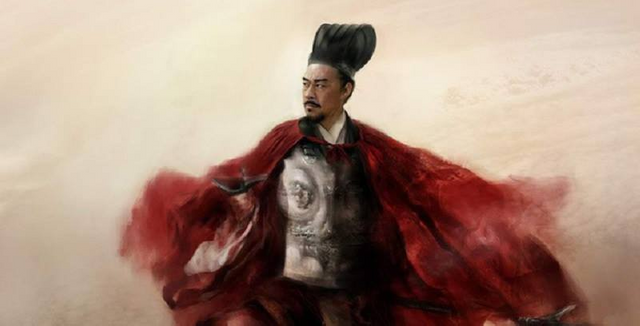
With other soldiers in the army, Cao stood with them to fight, struggled and endured the harsh situation with them in many years. It is rare to see that a leader has no betrayals but only people who are willing to die for him.
Under Cao Cao’s leadership, there were many intelligent and talented advisors such as Guo Jia, Cheng Yu, Xun Yu or Xun You. However, Cao can always combined and used their talents to be above them and guide them. There were also many outstanding generals such as Zhang Liao, Xu Zhu, Dian Wei or Pang De. Everyone is loyal and willing to die for Cao Cao. Even Cao Hong gave Cao Cao his horse to escape and accepted to die for him. “Our country might not have Hong but must have you”, said Cao Hong.
Cao Cao had the authority but he was not a dictator. There were many policies and advices from other people which were used by Cao. In this field, Cao surpassed every opponent at that time and gained victory. When he was still alive, Cao Cao was not a king but in fact, he was a king without title. This was also his wisdom.
During his career, Cao relentless killed every political opponent. He killed Dong Cheng, Kong Rong and Yang Xiu. He suspected Duo Tuo – a famous doctor and killed him right away. This was an unforgivable action. He wanted to reach any goal by any method. Cao is famous with a quote:
“I'd rather betray the world than let the world betray me.”
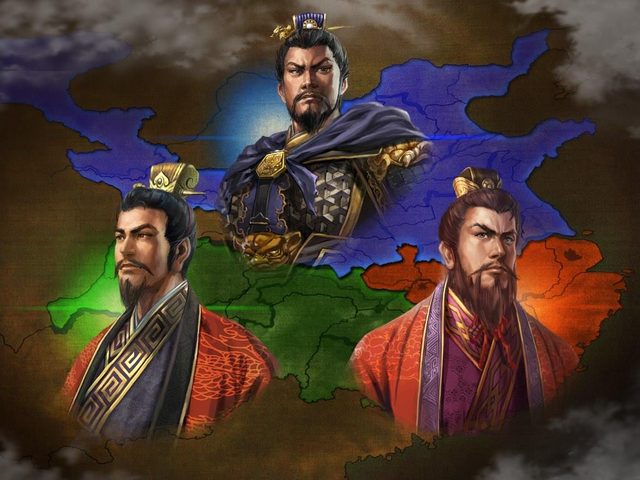
Cao Cao was an accomplished poet, as were his sons Cao Pi and Cao Zhi. Of Cao Cao's works, only a remnant remain today. His verses, unpretentious yet profound, helped to reshape the poetic style of his time and beyond, eventually contributing to the poetry styles associated with Tang dynasty poetry. Cao Cao, Cao Pi and Cao Zhi are known collectively as the "Three Caos". (Wikipedia)
Mao Zedong respected Cao Cao.
“Cao Cao is the king of the kings. Among all the heroes in the Three Kingdoms era, Cao is the number one emperor”. He was a preeminent politician, a genious militarist and a great poet.
@originalworks